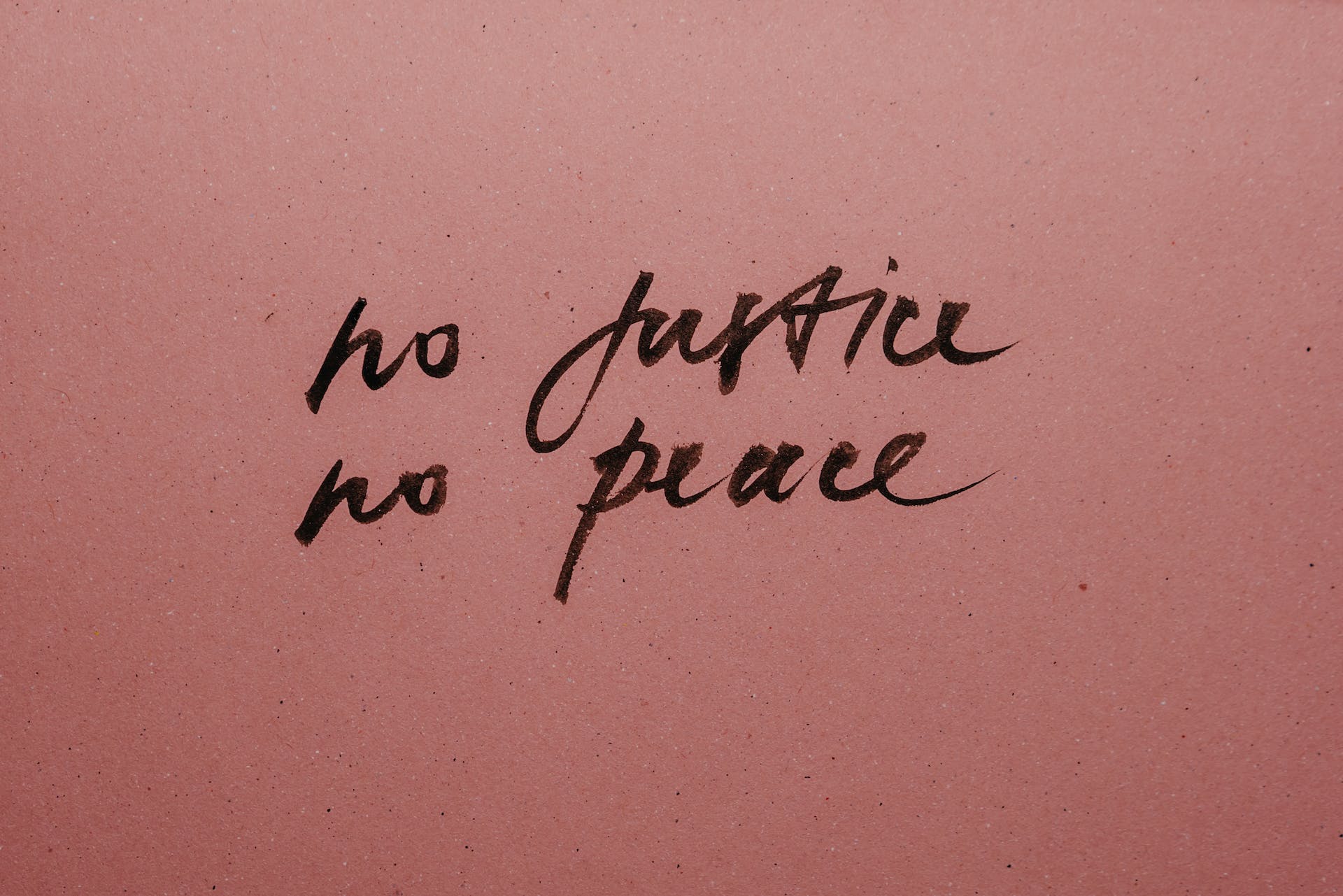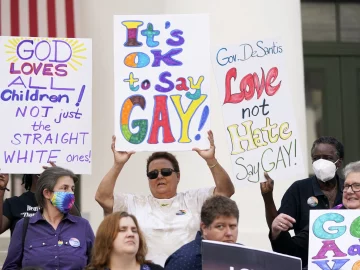In the midst of a growing cultural clash over book bans, three librarians have taken a stand against what they see as censorship. Suzette Baker, along with two colleagues, has filed claims with the U.S. Equal Employment Opportunity Commission (EEOC) after being terminated for resisting the removal of books—many of which delve into topics on racism and LGBTQ experiences—from their libraries.
A Texas Librarian’s Battle
Baker, the former director of the Kingsland, Texas, library system, was dismissed for her refusal to remove books that have faced banning attempts over the years. Unwilling to back down from her stance that the library should be “open and free and equal for all,” she is now seeking justice and hoping for reinstatement.
A Fight for Rights and Recognition
The battle these librarians are waging is reminiscent of the legal struggles of the civil rights era. They assert that workplace discrimination has occurred not only against them but also as an act of bias toward the communities and topics represented in the literature they defend.
A Legal Expert Weighs In
Legal experts suggest that the librarians’ claims could be significant and actionable under the 1964 Civil Rights Act, which prohibits workplace discrimination. David Lopez, a law professor and former EEOC general counsel, notes that while the outcome depends on the specifics of the case, the librarians’ claims are certainly within their rights to pursue.

Success Stories and Ongoing Battles
While the process with the EEOC can be lengthy, there is hope, as evidenced by Brooky Parks, who received a $250,000 settlement after being fired from the Erie Community Library. Her victory has provided a beacon of hope for Baker and the others awaiting the EEOC’s response.
The Weight of History
The librarians’ fight is set against the backdrop of a historical struggle for free speech and equal rights in the U.S. As the nation watches, the outcomes of these cases may set a precedent for how similar conflicts are handled in the future.
A Community Divided
The controversy has split communities, with some members staunchly supporting the librarians’ stance on intellectual freedom, while others side with conservative activists who advocate for the removal of certain books. As the librarians await the EEOC’s response, they are bolstered by the support of those who share their vision of open and inclusive library services.
Conclusion
As this struggle unfolds, the EEOC’s eventual findings and subsequent actions will be closely monitored by educators and librarians across the nation. For Baker and her colleagues, the hope is not just for personal redemption but also for the affirmation of the principles that guide their profession and the communities they serve.
©unitedradiance.org




